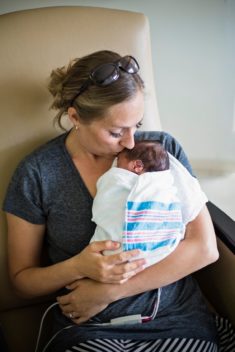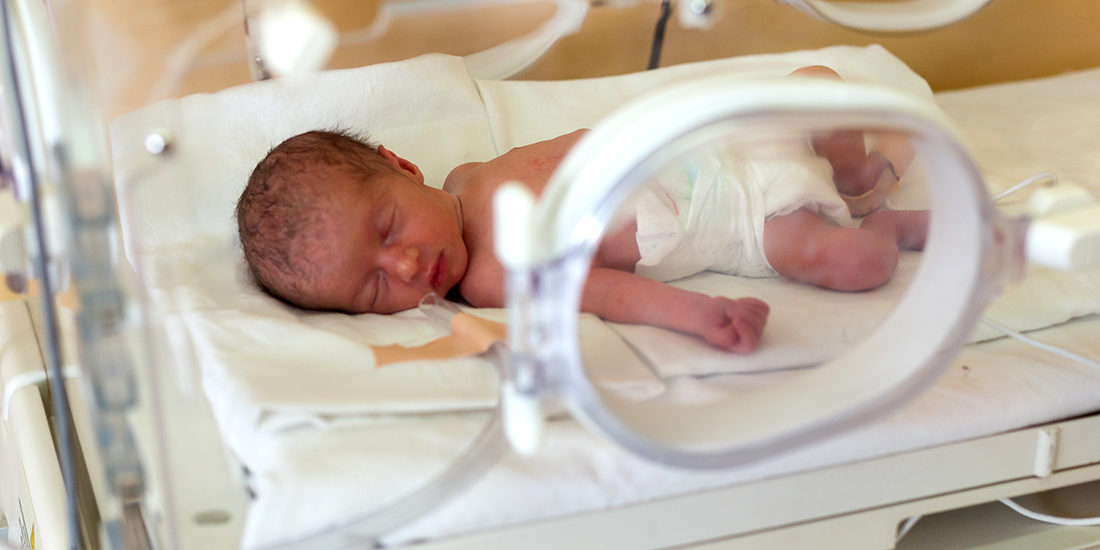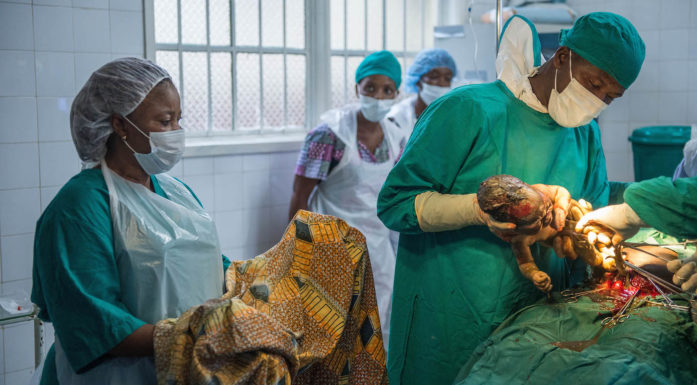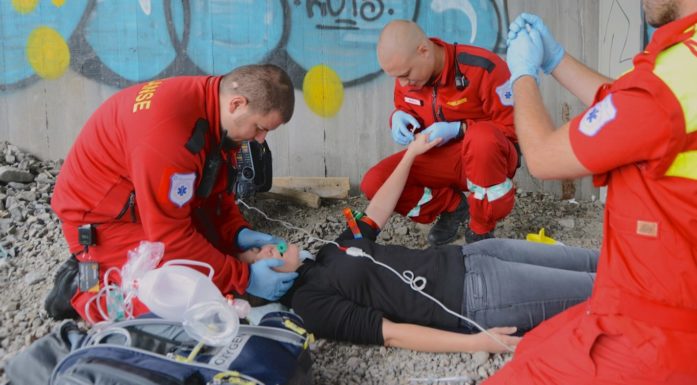Parents of premature babies want more information
Parents with children in the neonatal intensive care unit want more information, supervision and advice to meet their children’s needs, according to results from a new PhD dissertation.
Having a premature baby or a newborn child who needs critical care can be traumatic for new parents.
Bonding between parents and their children starts at birth, and a lot of factors can affect the process. This makes it incredibly important that both parents and children are properly taken care of if a baby ends up in the neonatal intensive care unit (NICU).
Inger Hilde Haugen recently defended her PhD dissertation at NTNU’s Department of Health Sciences in Ålesund. She has developed a survey to learn more about how parents experience being cared for while their babies are hospitalized.
Hagen’s survey, “Neonatal Satisfaction Survey” (NSS-8) will help measure the quality of care in the NICU from the perspective of the relatives, and is the first of its kind in Norway.
The survey is also making waves internationally. It is the second survey in the world based on the Family-Centred Care principle. The other survey of this kind was developed by the Dutch researcher Jos Latour.
Family-Centred Care is a method of including the whole family in the care of a child, centered around communication between parents and health care professionals. It is considered to be the best way of ensuring that bonding between parents and their babies can happen even when the baby needs intensive care.
- You might also like: Well-known drug has less risk of preterm delivery in PCOS

Bonding between parents and children starts at birth, and a lot of factors can influence it. Photo: Shutterstock, NTB Scanpix
Additional facilitation
A total of 568 parents responded to the survey from six different hospitals around the country. They were asked about how satisfied they were with care, treatments, doctors, visits, information, facilities, concerns, discharge, and care for siblings.
The results show that 76 per cent of parents were happy with care and treatment. The parents who were most satisfied had been met with respect and empathy from professionals, and there was continuity to the care and treatment their infants were given. The parents who had an assigned doctor and nurses were significantly more satisfied with their care than families who didn’t.
Parents were, however, less happy with facilities for siblings during hospital stays. The survey shows that health care professionals also need to get better at providing information, follow-ups, and supervision and schooling of parents, so that they are able to properly take care of their children’s needs outside of the hospital.
- You might also like: How very low birth weight affects brain development
Networks are a huge help
Hagen has multiple years of experience as an intensive care nurse, and through her work she noticed that parents needed to be better taken care of.
“Children are required to have parents staying with them while they are hospitalized, and we encourage the parents to be there around the clock, and have as much skin-to-skin contact as possible. It’s incredibly important for the bonding process. My results showed that parents were uneasy and worried, so it’s important that we focus on their mental health during when their child is in the NICU. I’ve seen how important it is that parents are OK, and now our survey confirms this.”
The most satisfied parents also had support from their friends and family.
“Networks are incredibly important. So a central part of care is to see if the family has a network around them, and provide care extra for the ones that don’t. The more comfortable the parents are, the better they are able to care for their child. And having a good network around you helps a lot,” Hagen says.
- You might also like: How early can a mother have skin contact with her premature baby?
Useful tool
She describes her survey as an instrument the department can use to learn more about how relatives experience being cared for. Hagen says that health care providers don’t need to use the whole survey, but can selectively look at factors where they think they need improvements.
St. Olavs Hospital in Trondheim, as well as hospitals in Levanger and Ålesund, are all considering introducing Hagen’s survey into their care. A research team in Norway has already started using it, and Inger Hilde Hagen has sent it to universities, research teams and hospitals around the world, including Ethiopia, Belgium and five states in the USA.
Reference: Parental satisfaction with neonatal intensive care units: a quantitative cross-sectional study. Inger Hilde Hagen et al. BMC Health Services Research volume 19, Article number: 37 (2019)





